Where We Work
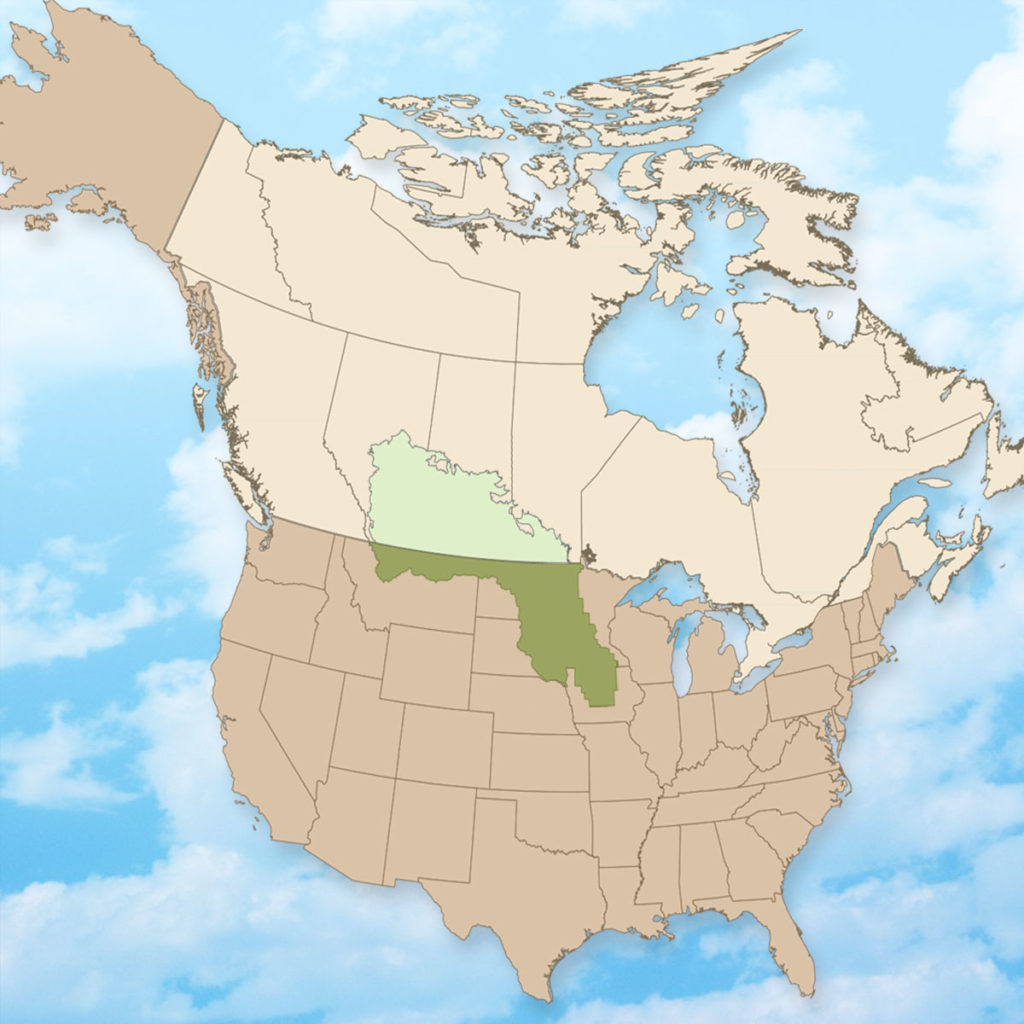
The PPJV covers one-third of North America’s Prairie Pothole Region (PPR), including portions of Montana, North Dakota, South Dakota, Minnesota, and Iowa. Just 20% of the grassland in the PPR is protected, which equates to only 6% of the historic extent of grassland area.
Welcome to the Duck Factory
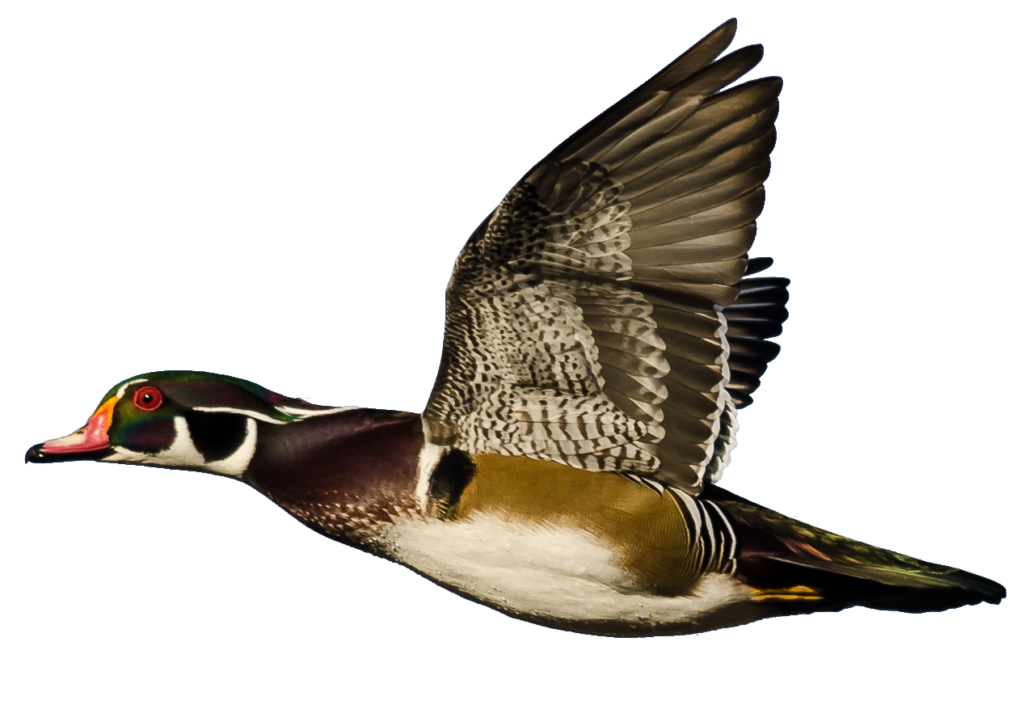
Conservation through Partnerships
Photo: Mitch Kezar for the SD Grassland Coalition and USDA-NRCS
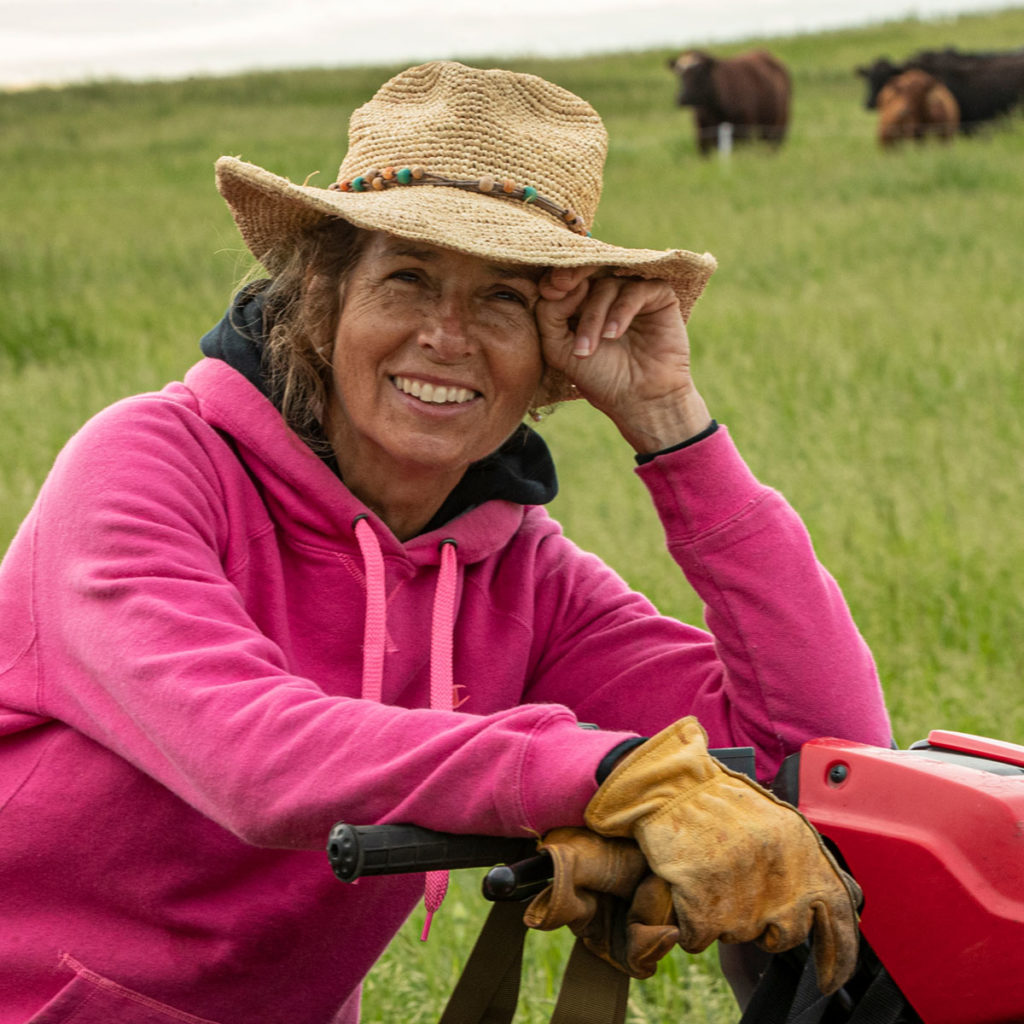
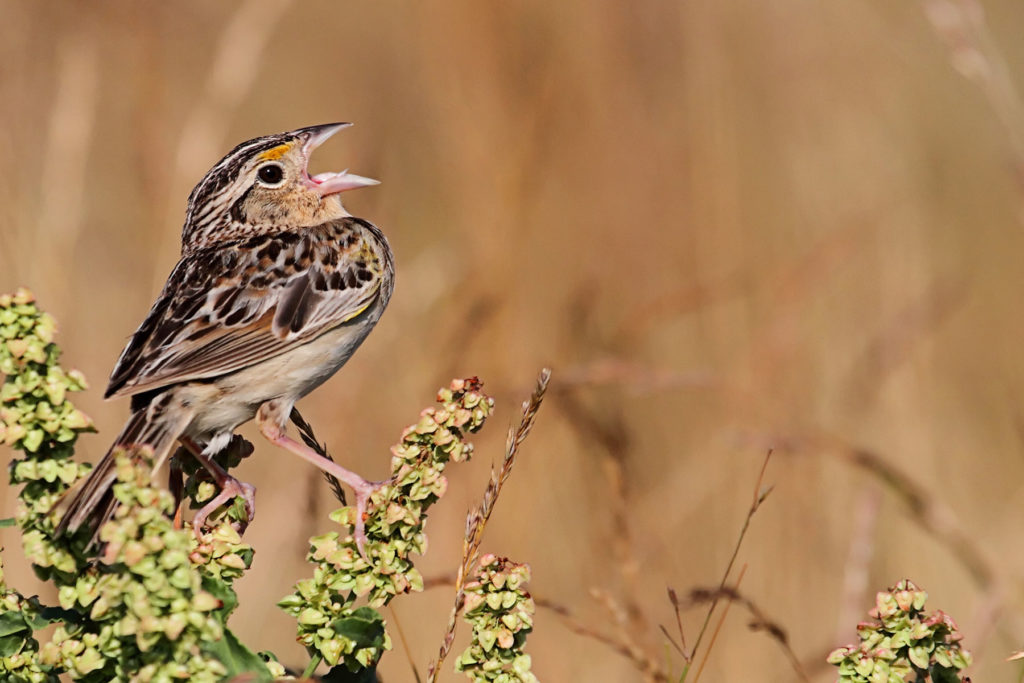
Grassland Bird Habitat Conservation
The PPJV hosts 45-90% of the continental breeding populations for several grassland bird species that are experiencing some of the steepest population declines. The loss of over 70 million acres of grasslands in the PPJV has made grassland birds one of the most imperiled guilds in North America.
Our Amazing Grasslands
In this episode of Our Amazing Grasslands, we explore how collaboration is the key to addressing grassland loss. Federal agencies, state partners, nonprofit organizations, and producer-led groups are coming together with a shared goal: helping ranchers implement conservation practices that are both economically viable and sustainable.
Keep In Touch
Keep up with the latest news on bird and habitat conservation efforts across the Prairie Pothole Joint Venture!
Recent News
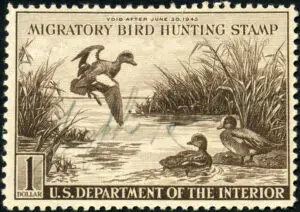
Small Art, Big Impact: Igniting Conservation Across Borders
Every spring, the Prairie Pothole Region (PPR) teems with duck calls and wings splashing on water. Shallow ponds glisten amidst rolling grasslands and farmlands, filled
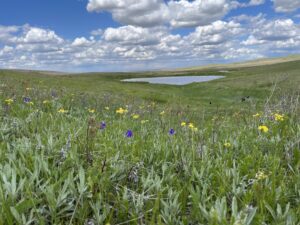
Four Square Mile Survey
The Four-Square Mile Breeding Waterfowl Survey (FSMS) is a targeted, long-term monitoring initiative established by scientists from the USGS Northern Prairie Wildlife Research Center to
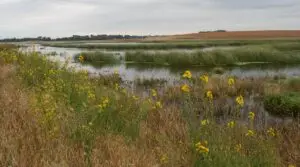
Restoring Minnesota’s Wetlands
Minnesota’s wetland restoration efforts are working to address the loss of critical habitat across the Prairie Pothole Region, with key projects at Butler Lake, Moore
